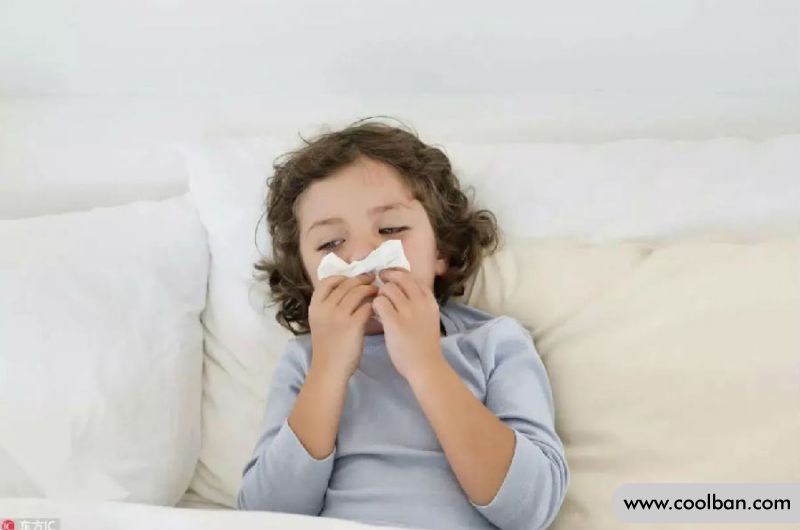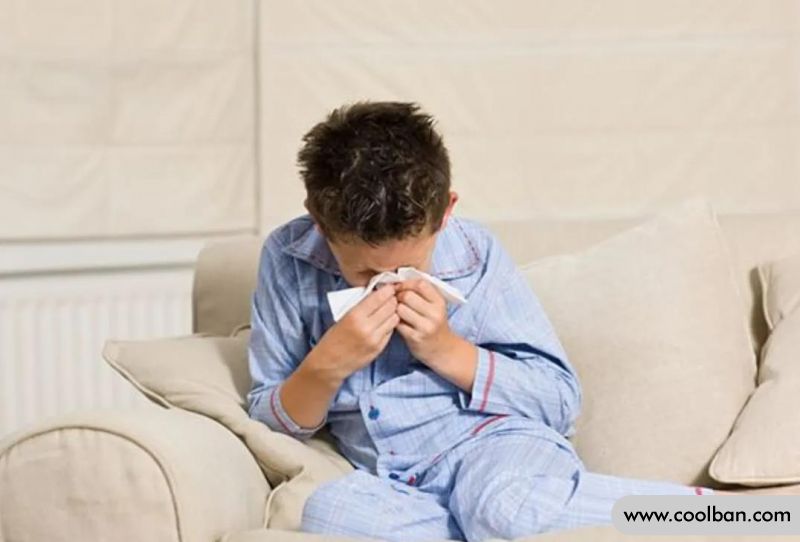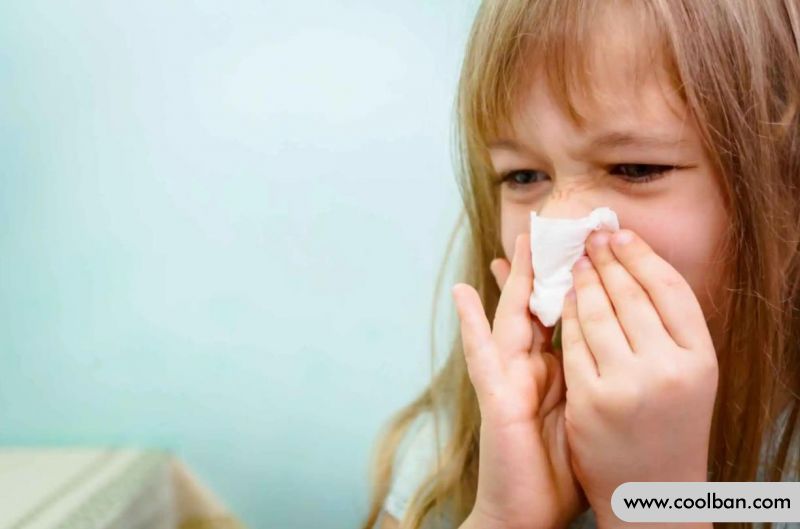Treatment of allergic rhinitis in babies
Allergic rhinitis in babies is very painful for babies, and it also makes mothers worried. There are many treatments for allergic rhinitis in babies. Here's how to treat your baby's allergies and the symptoms of your baby's allergies.

Symptoms of allergic rhinitis in babies
What are the symptoms of allergic rhinitis in babies? Everyone is familiar with allergic rhinitis. Allergic rhinitis not only occurs in adults, but babies may also suffer from allergic rhinitis. Because babies can’t express, mothers may ignore this problem. Babies also have some symptoms of allergic rhinitis. Mothers can distinguish them by the following symptoms.
Babies often rub their noses. If the baby has allergic rhinitis, itchy nose is the first symptom, because the nose is itchy, the baby will keep scratching the nose. The second symptom is a dry throat, sore throat and cough, as well as chapped lips, as babies allergic rhinitis can cause alternating nasal congestion, which can cause nasal congestion. The third symptom is sudden and severe sneezing and runny nose, and it should be noted that if the baby's allergic rhinitis is severe, it can also cause red, itchy, watery eyes. This is because allergic rhinitis can cause discomfort to the surrounding organs, and the baby may even rub his eyes all the time.
When the baby sneezes and has a runny nose, mothers think it is a cold, but it is not. It is very likely to be allergic rhinitis in children. Mothers must judge from the symptoms of allergic rhinitis before they can prescribe the right medicine. Allergic rhinitis is very uncomfortable for children. It is necessary to find the allergen and treat it in time, otherwise it will have a great impact on the baby's allergic rhinitis.

Treatment of baby allergic rhinitis
What is the treatment for allergic rhinitis in children? Everyone knows that allergic rhinitis is difficult to completely cure, so in the treatment of allergic rhinitis in children, the most important thing is to prevent allergies. Next, for mothers to introduce the treatment of baby allergic rhinitis. Mothers can choose the treatment that best suits their baby.
Method 1: Avoid allergens
This is the first and most fundamental treatment. Allergic rhinitis is caused by allergens. If there are no allergens, then there will be no symptoms of allergic rhinitis. If symptoms appear outdoors, it may be caused by factors such as outdoor air. Try not to go out. Using this method, be sure to identify the allergen.
Method 2: Anti-allergic drugs
Allergy medicines are suitable for babies with severe allergic rhinitis. Because the medications used to treat allergic rhinitis in babies are similar to those used in adults, they are both hormone-based. Therefore, it is not recommended for mothers to take medicine immediately after discovering that their baby has allergic rhinitis, which is prone to dependence on the drug, and the drug will also cause certain damage to the baby's organs.
Method 3: Plant immune desensitization therapy
This treatment method is not very common. First of all, the treatment time is very long, and it is not suitable for every baby. The specific treatment method can be inquired by the doctor in detail.

Preventive measures for allergic rhinitis in babies
Allergic rhinitis in babies is similar to allergic rhinitis in adults, so precautions are similar. However, the prevention of allergic rhinitis in infants and young children needs to be more detailed and comprehensive. After all, it is a baby, and the body's resistance is not strong, so comprehensive prevention is required.
Precaution 1: Avoid all possible allergens
Allergens are the main cause of allergic rhinitis in babies. For example, yellow powder, mites, blankets and even animal hair are all common allergens, so be sure to avoid allergens.
Prevention 2: Mothers can wash their baby's nasal passages with warm water every day. Keeping the nasal passages clean can also prevent allergens from staying in the nasal passages. Allergens in the nasal passages have been causing great discomfort to babies and exacerbating rhinitis symptoms.
Preventive measures 3: Pay attention to environmental hygiene
The baby's resistance is weak, so we must pay attention to the cleanliness of the environment to prevent the invasion of viruses.
Preventive measures 4: Do not turn on air conditioners and fans at home for a long time, which has a great impact on the baby and can also cause allergic rhinitis.
Since your baby is still developing, try not to use this drug as much as possible to prevent your baby from becoming dependent on the drug. Therefore, mothers must be meticulous in their daily care so as not to let their babies suffer from rhinitis. Of course, if your baby's allergic rhinitis recurs frequently and doesn't get better, you can choose to seek medical attention.
